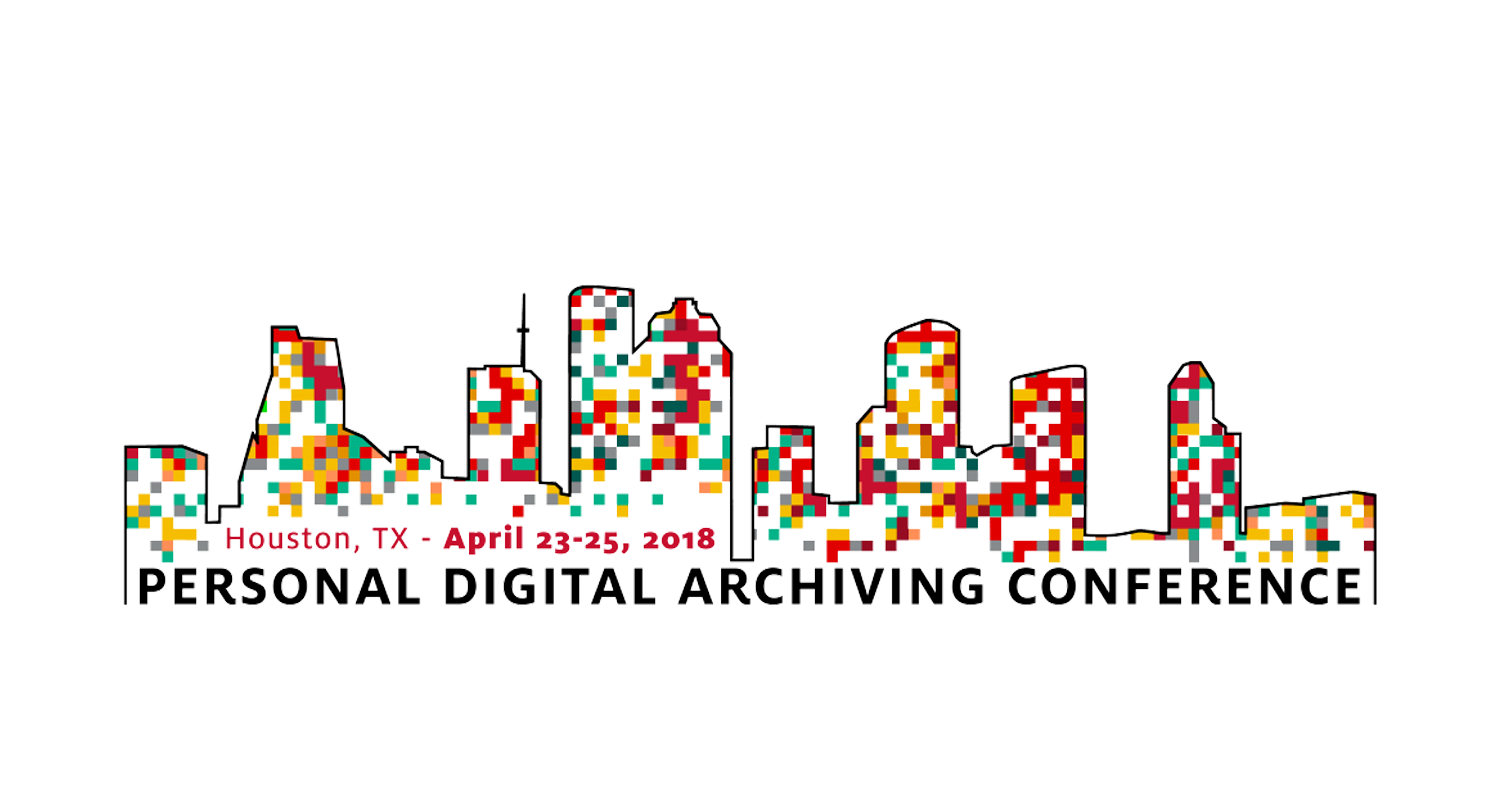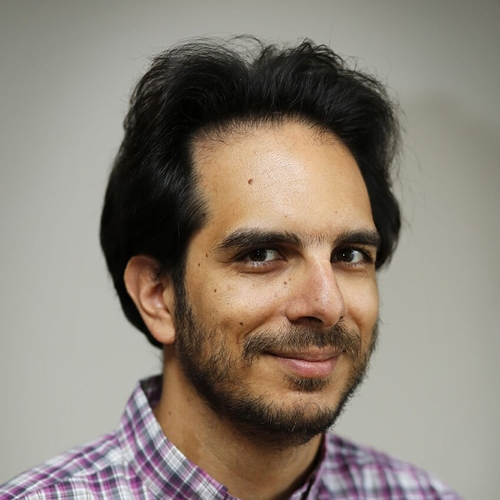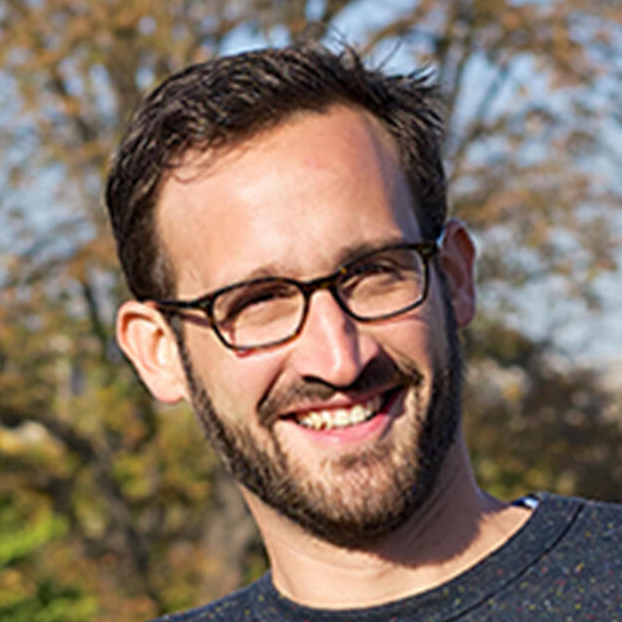
Last year, I had a lot of fun at the Personal Digital Archiving Conference. So I made a point to come back this year, and I’m glad I did. I left refreshed, inspired and full of ideas for Kumbu. Here are my notes from the conference.
The PDA Community is Personal
A big topic this year was the intersection of the common and personal. Several presentations highlighted community efforts to build archives, and what kind of memories people were bringing to these archives. While there was a common agreement on the fact that personal experiences shape our description of what is common, and are to be a part of a community archive, there were also interesting conversation about what kind of items made it into the archives, and why. Camille Thomas presentation wove a fine thread between personal identity, family history and community memory.
What’s a Memory Anyway?
Ana Roeschley categorised four types of items that people mostly brings to community archives: items related to loved ones, to community, to physical spaces and to events. But the shape of these representations go beyond photos and videos. Content from wearables, such as heart rate monitors, or voice mail are worthy additions to archives even though they come with significant management challenges.
And then, moving towards web properties and archiving websites, especially interactive online experiences or apps, one wonders if we are archiving representations of events or the events themselves - in a sense the limits of what constitute a memory are blurring.
Archiving and Preservation Best Practices
Sharing how things are done is a big draw to PDA, and I liked the diversity of projects this year, both in scope and level of completion. It was inspiring to see the DC memory lab initiative scale out to other institutions. There was an interesting conversation about Web Archiving and asking for permission - I think the general attitude of ignoring robots.txt and offering a clear takedown process is the way to go, especially when archiving recent events content.
I also liked Leslie Wagner’s talk about being the family archivist. One note that struck me is that with the right environment, the collection/digitization process can be rewarding in itself. I’d like to see more tools (including Kumbu !) build on that idea - I don’t think anyone has found the right mix yet to make that process satisfying for users.
Outreach for archiving services is still a challenge, in many communities - I found Norie Guthrie talk of being archive famous but not music famous touching in that regard - I believe outreach and education in personal archiving is our strongest challenge. In 2018, too many people don’t think about it / care about it enough.
New Services
There were less tools this year at PDA, but I enjoyed watching permanent.org launch - I think their “non profit” model is a bold experiment, and hope it works as a private place to store and share files. One interesting aspect of the product is the representation of relationships in the sharing interface - this can build up to interesting use cases.
Andrew Louis Personal Memex presentation was a big success, and it looks like a very well thought out tool - I loved the timeline view in particular. It still has ways to go before it becomes available (hopefully) some day, but it seems to be getting a lot of things right for a combination of journaling and archiving (and the enrichment of these archives).
All Media is hard to save
I used to think film was hard to preserve. The Texas Archive of Moving Image showed that it was. But comics are hard too - Scott Carlson had to go through so many choices to figure out what to preserve from his dad’s comic book. Voicemail is hard to save. Web pages live for 92 days. Preserve them while they last! Nobody wants to touch on Mobile Only content yet.
Archiving Current Events & Privacy
Hurricane Harvey struck Houston only a few months ago. Preserving the memories of the disaster, especially digital memories, is something that needs to be done close to the events.
Otherwise, a lot of it disappears. This immediacy creates specific challenges for archivists - it was also highlighted by the Emily Ward’s talk, which touched upon the alton sterling shooting. One of the challenge in archiving live events is in what do you make accessible as part of the archive. Especially with regards to personal information. Even for past data, and past records, this is a challenge. Chelsea Gunn and Aisling Quigley developed a framework to determine what level of information to share with the public, regarding criminal records from the 19th century. There was a good conversation about the trade-offs you have to made when making information public - it was good to see archivists having this conversation, and it echoed some of the current privacy conversations around open data
Cool Collections & Archives
Every time someone on stage talked about their collection, I wanted to spend a day browsing them online. Here are a few that I really enjoyed : ArchiveIT, TAMI, NISV, mass memories
Conference
I really enjoy the format of PDA - it’s a small enough conference that you can talk to people, there is diversity in the talks, and the single track really forces you to focus. 👏 Melody Condron did a terrific job putting all this together this year - I can’t wait to be back next year !
Cover image credit - PDA https://sites.lib.uh.edu/pda18/







